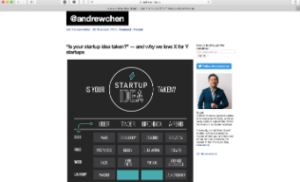Groenewald, T (2004)
Abstract: This article distills the core principles of a phenomenological research design and, by means of a specific study, illustrates the phenomenological methodology. After a brief overview of the developments of phenomenology, the research paradigm of the specific study follows. Thereafter the location of the data, the data-gathering the data-storage methods are explained. Unstructured in-depth phenomenological interviews supplemented by memoing, essays by participants, a focus group discussion and field notes were used. The data explicitation, by means of a simplified version of Hycner‟s (1999) process, is further explained. The article finally contains commentary about the validity and truthfulness measures, as well as a synopsis of the findings of the study.
“A researcher applying phenomenology is concerned with the lived experiences of the people involved, or who were involved, with the issue that is being researched.”
Reading time
<1 min







